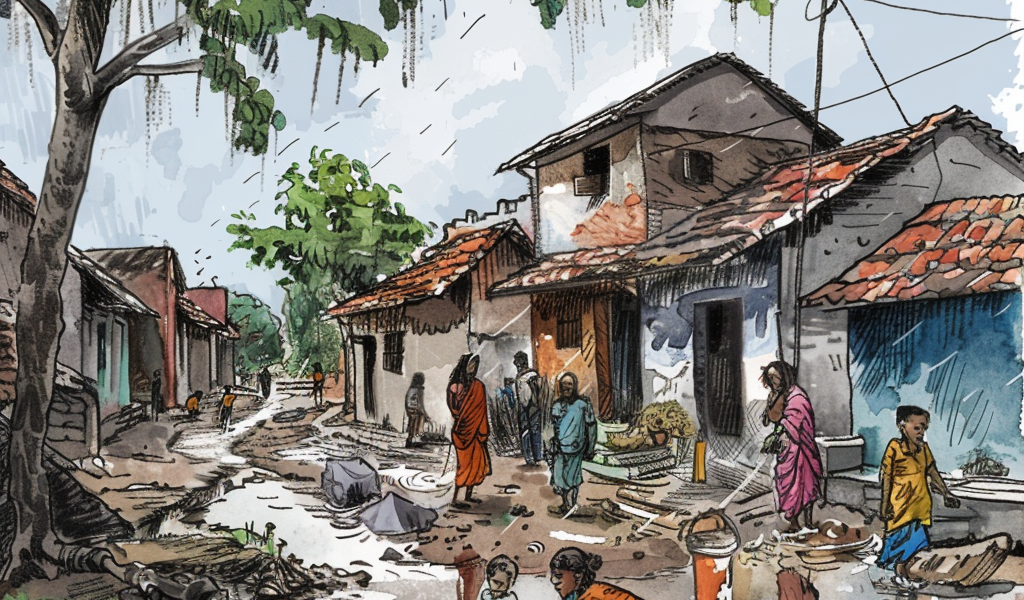Rising temperatures and longer monsoons in South Asia have made dengue fever a constant threat throughout the year, no longer limited to just the monsoon season. The impact of climate change has reshaped the traditional understanding of dengue outbreaks, turning it into a year-round nightmare for the region.
In a recent interview with HT Lifestyle, experts Prasad Phadke, Founder and CEO at Eco BioTraps, and Susanta Kumar Ghosh, Scientific Advisor and Former ICMR-National Institute of Malaria Research in Bangalore, highlighted the severity of the situation. They pointed out that the dengue outbreak in Bangladesh in November 2023 was unprecedented, with hospitals overwhelmed and a rising death toll. This outbreak deviated from the usual seasonal pattern, emphasizing the evolving threat posed by dengue.
Traditionally, dengue was associated with the monsoon season from June to September, when stagnant water provided ideal breeding grounds for Aedes mosquitoes, the carriers of the dengue virus. However, the scenario has changed, with these mosquitoes now spreading northward, putting more countries at risk, including some in Europe.
Phadke and Ghosh explained that climate change has disrupted the regular weather patterns in South Asia, resulting in longer and more intense monsoon seasons. This alteration has created a conducive environment for dengue-carrying mosquitoes to thrive throughout the year, posing a continuous health threat to the population.
As the climate continues to evolve, it is crucial for communities to adapt and implement effective strategies to combat the spread of dengue fever. Awareness, prevention, and proactive measures are essential in addressing this evolving public health challenge in South Asia.





